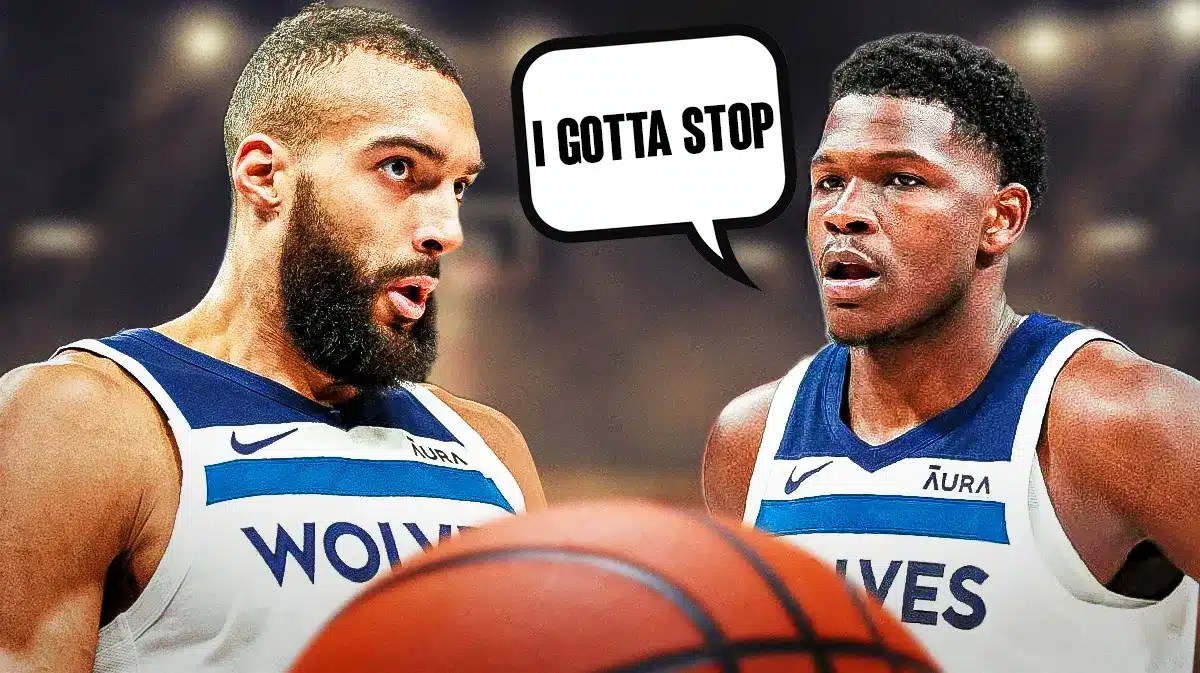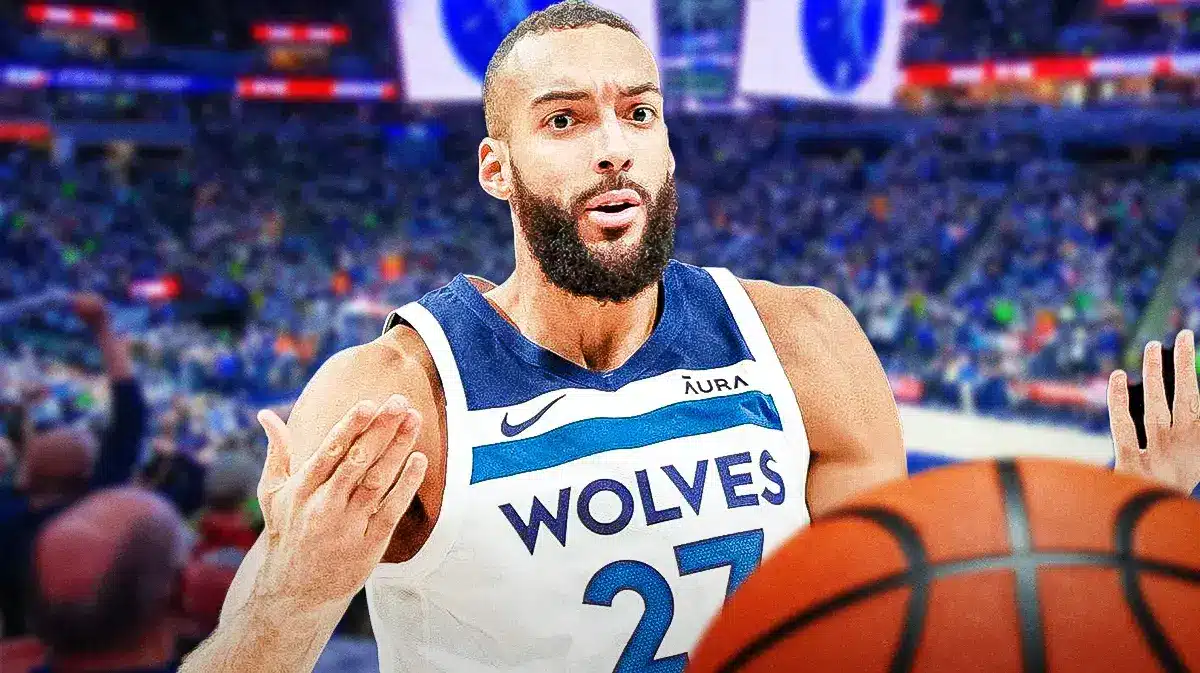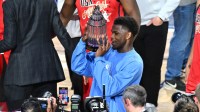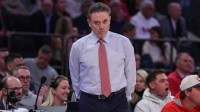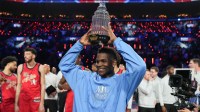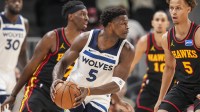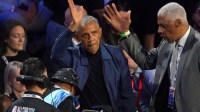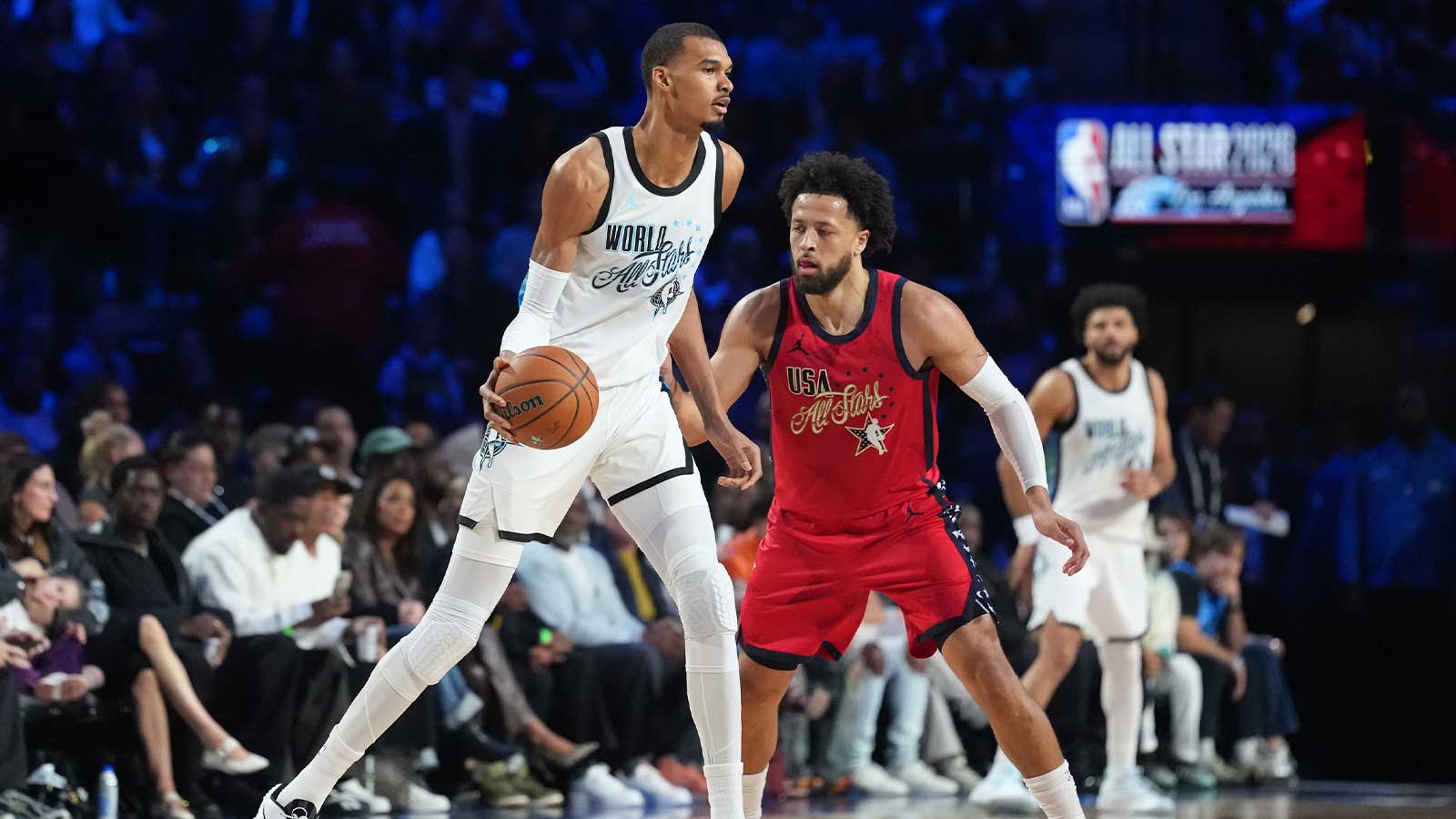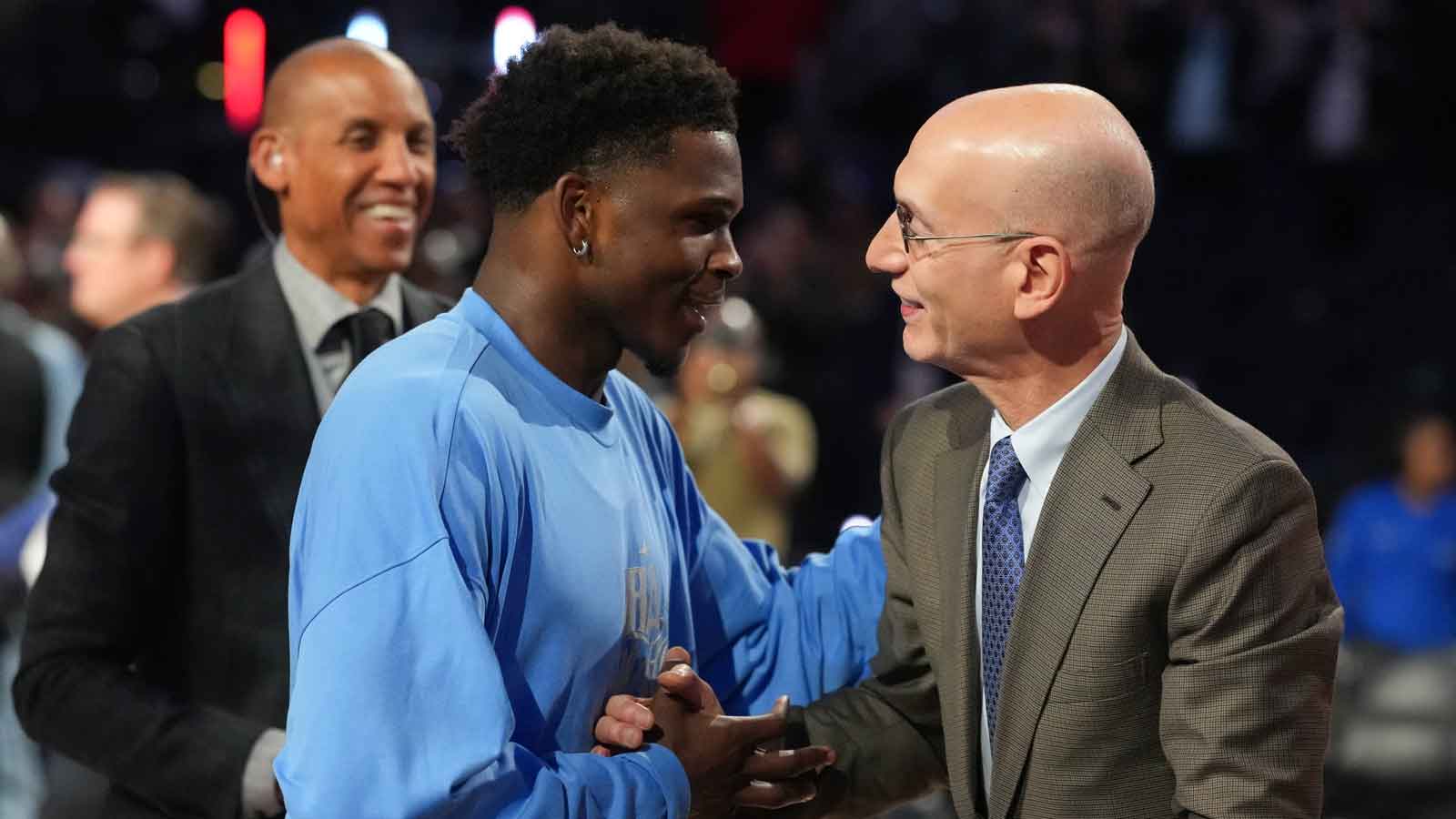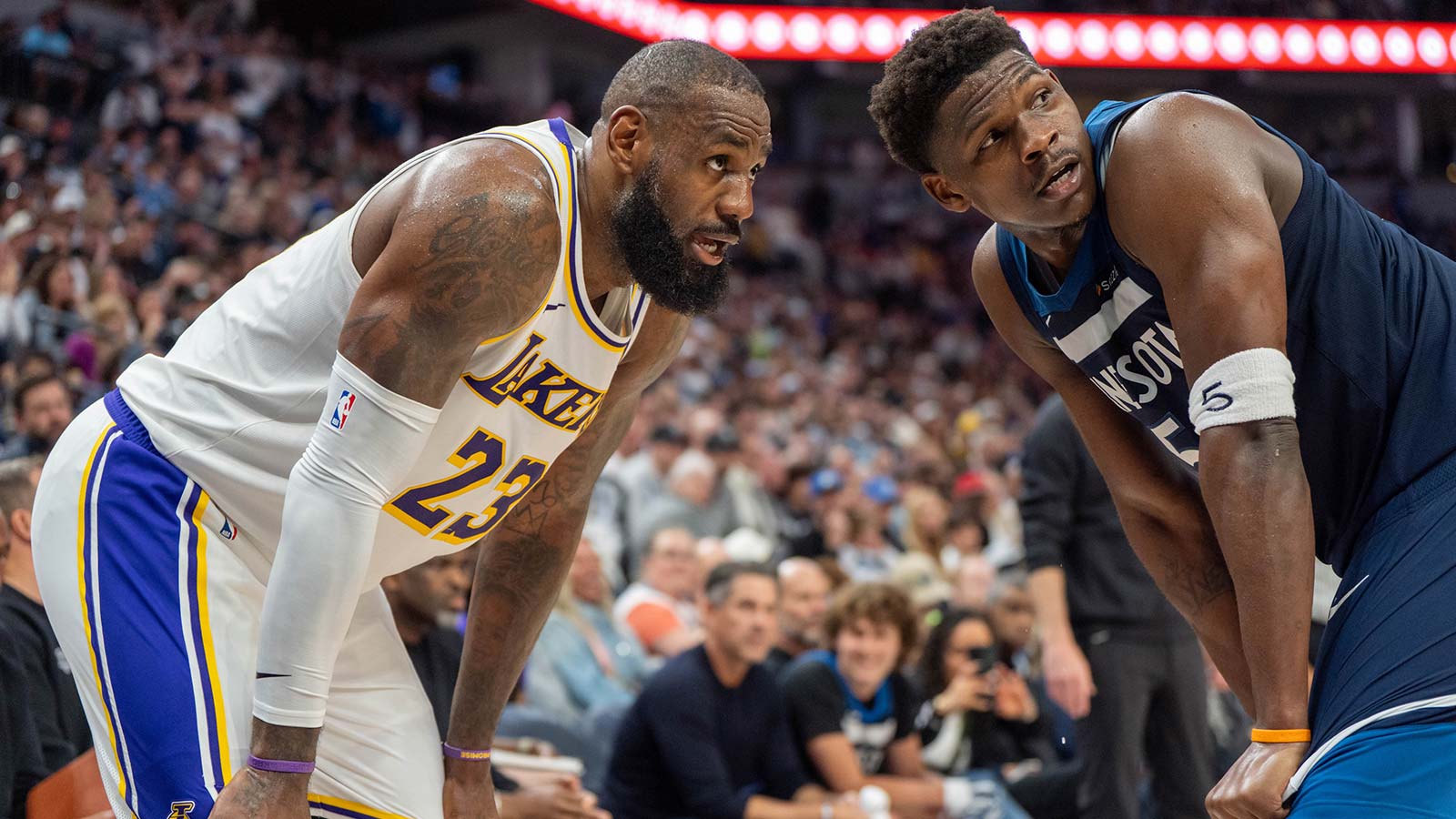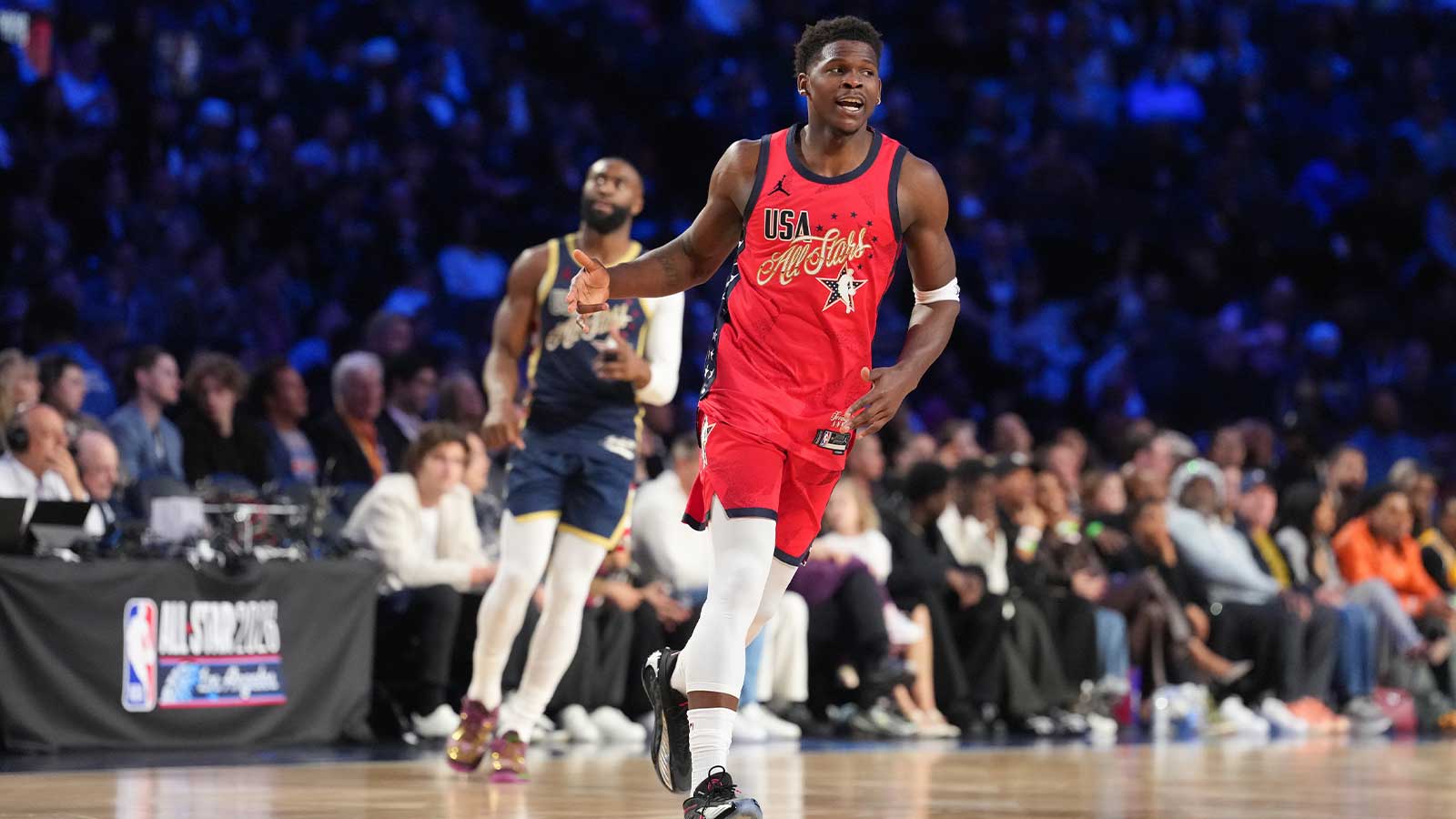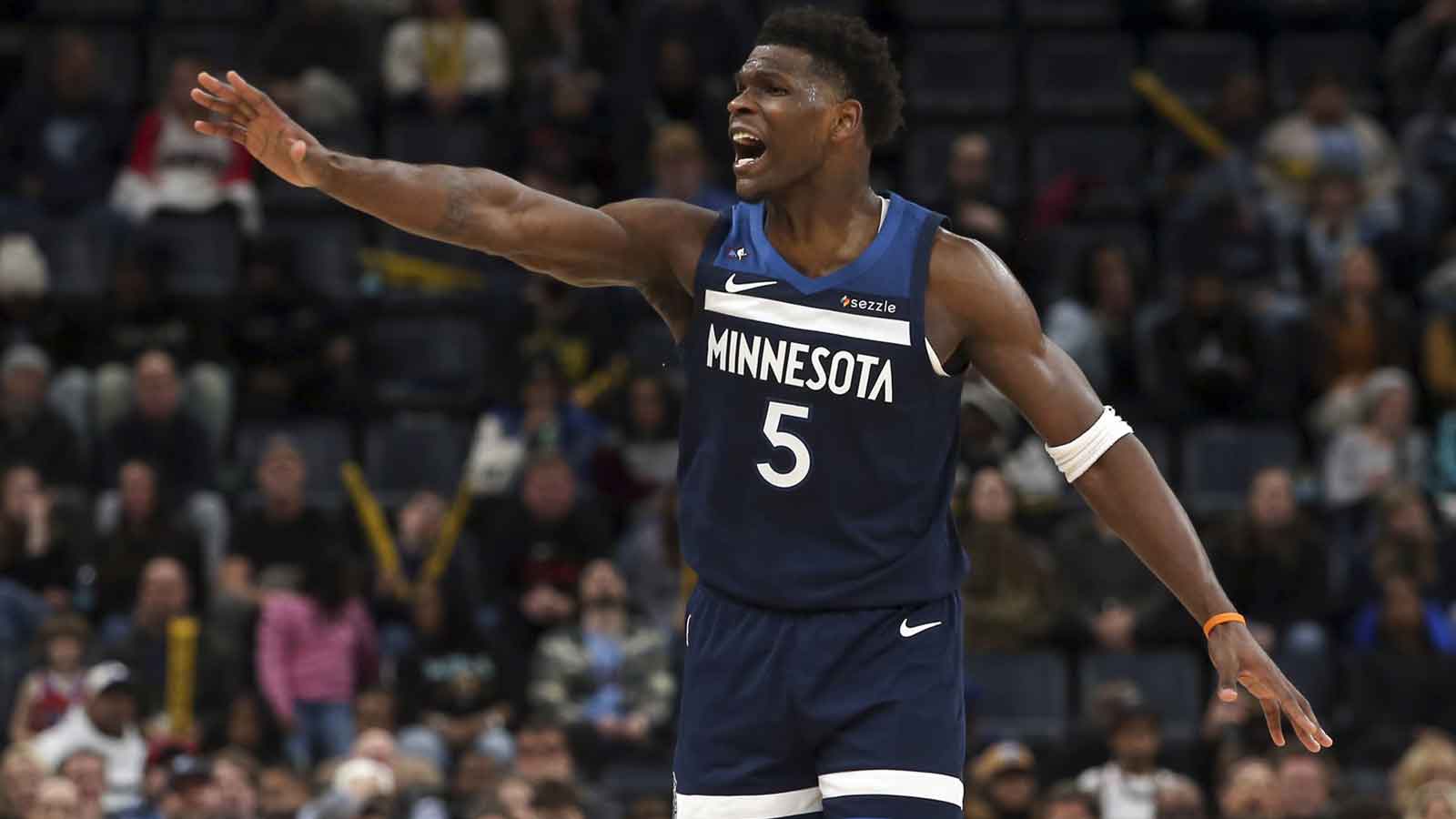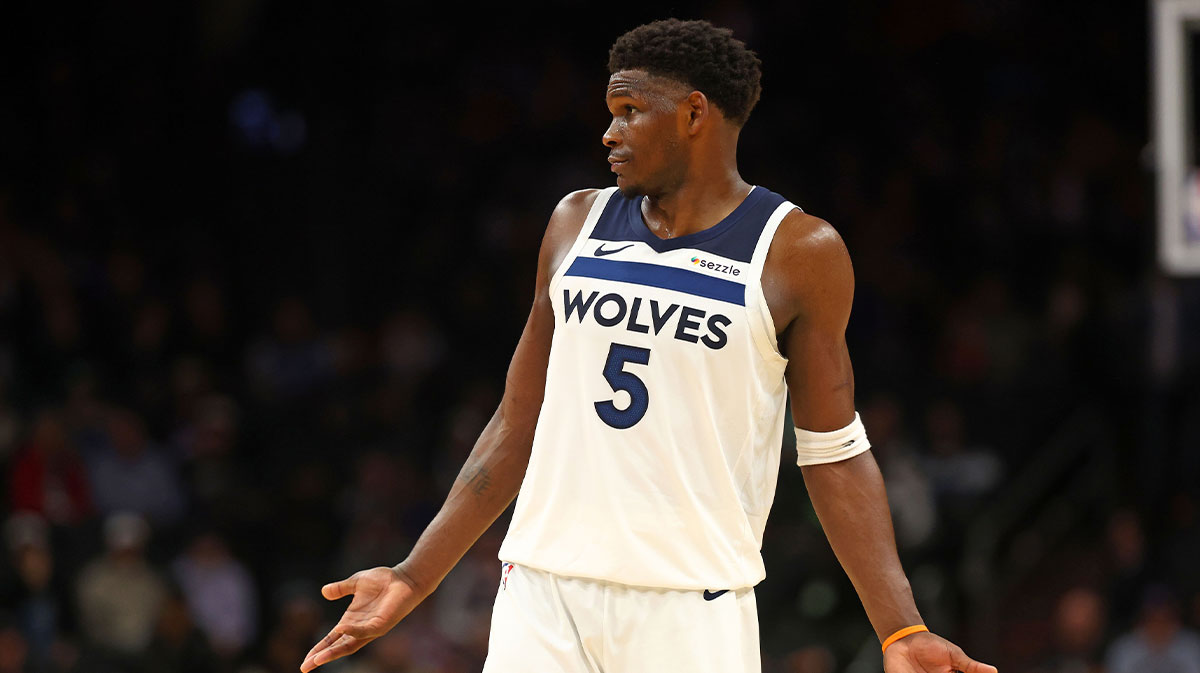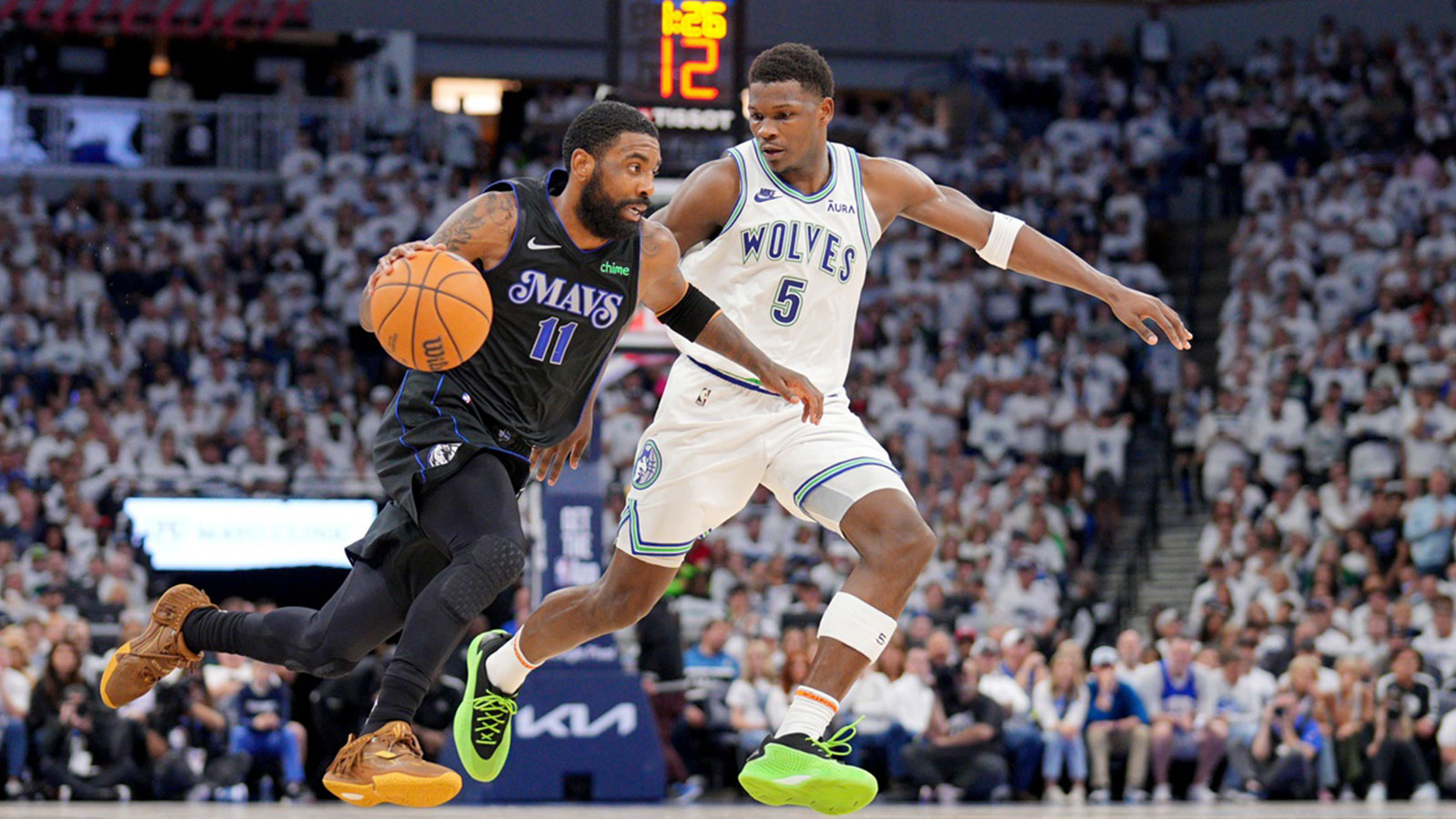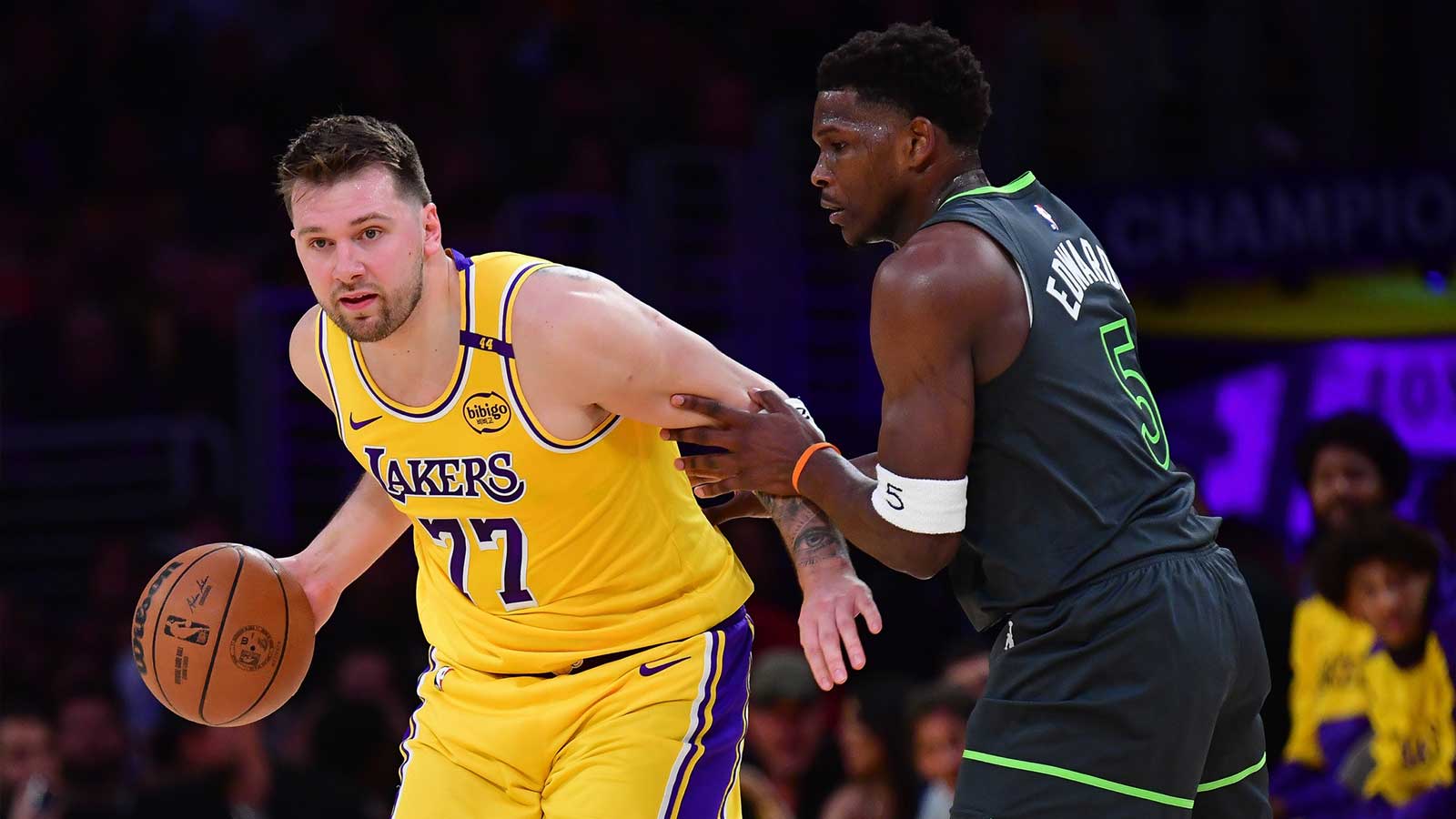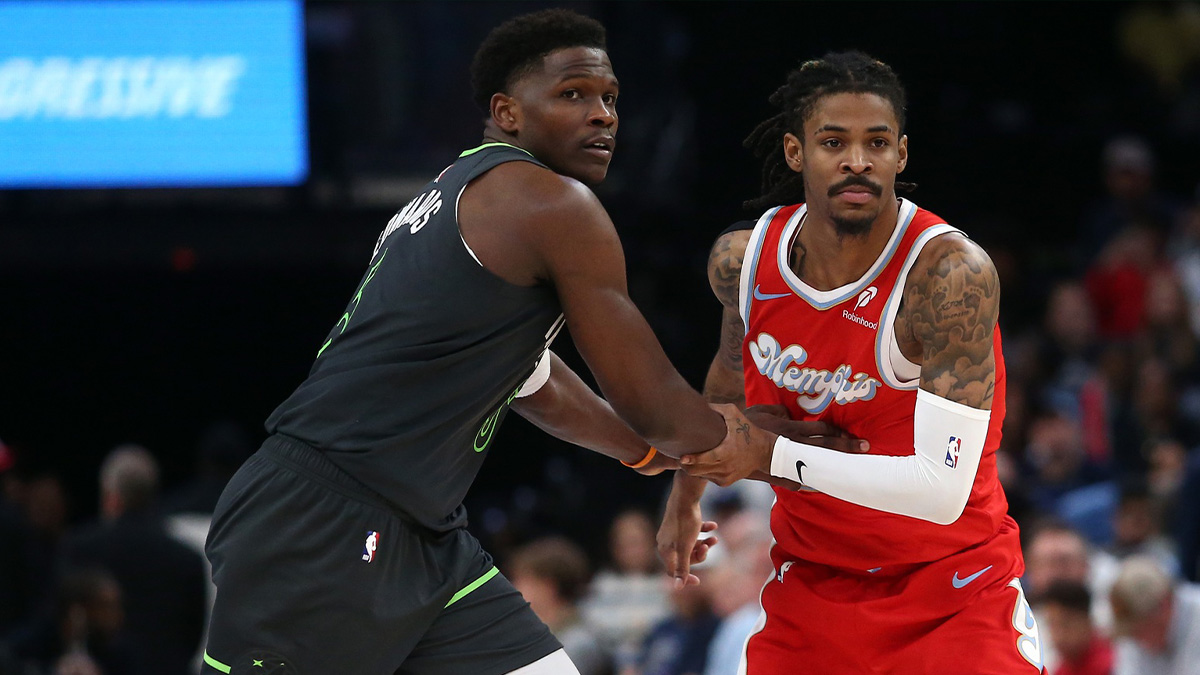The Minnesota Timberwolves have been a fantastic story this season as a talented team with a lot to prove, especially after all the criticisms of the Rudy Gobert trade from two offseasons ago. Saturday night marked a big-time battle between the top-seeded teams in the Western Conference. With the Oklahoma City Thunder visiting, the Timberwolves looked to get revenge from their last matchup with OKC.
However, the Timberwolves came up short at home in this highly anticipated game. Losing 102-97, Minnesota's 21 team turnovers were the bane of their efforts once again. Leading directly to 28 Thunder points, the Timberwolves’ offensive mistakes were the driving force behind the loss as they managed just 14 fourth-quarter points to blow a sizable lead.
This issue is not a one-off for the Wolves. Coming into Saturday night's matchup, Minnesota averaged the third-most turnovers per game across the entire Association. Nearly on pace with the Utah Jazz and insufferable Detroit Pistons, the Timberwolves' lack of ball security has been a big downside to an otherwise great team. Those 21 team turnovers that fueled the loss against OKC sparked strong reactions from both Anthony Edwards and Rudy Gobert.
Rudy Gobert preaches the simple play
A common theme out of the Timberwolves' locker room this season regarding turnovers has been to “make the simple play.” The simple play for this team has a lot to do with their decisions when driving the basketball. When driving into traffic, Minnesota is often susceptible to bad turnovers. When the ball swings and the team works as a cohesive unit, they often find success. Postgame, Rudy Gobert shared that exact sentiment when asked about the turnover problem.
“Make the simple, early, right play. And then we did it. They couldn’t really guard us when we did. When we didn’t, a lot of the time it led to turnovers.”
To that point, the Timberwolves committed just one turnover in the third quarter. In those 12 minutes of game time, Minnesota outscored Oklahoma City 29-17. The fourth quarter was the complete opposite. OKC forced the Wolves into seven fourth-quarter turnovers. Due to this, Minnesota mustered just 14 points in the final frame compared to 28 points by Oklahoma City.
Anthony Edwards takes the blame

Over his last 11 games, Anthony Edwards has committed 43 turnovers, which is just under four per game. This comes as a result of a few different factors.
First of all, the Timberwolves operate with interesting spacing. One downside of their two 7-footers is the offensive space they occupy. Both Gobert and Karl-Anthony Towns live above the break, with Gobert often looking to screen and Towns looking for his shot or drive.
Additionally, the recent trend of doubling Edwards has placed Minnesota in a bind. In an attempt to counteract the double team, Ant raises his aggression level, which occasionally leads to driving into traffic with his head down.
“I gotta stop turning it over. I think it’s that simple,” Edwards said. “Myself, we play in crowds. Sometimes it’s just a pass to the other team… I definitely want to stop turning it over.”
Ant’s self-assignment of blame for the high turnover numbers is the mature response. While ascending to true superstardom, it’s easy to forget just how young Edwards is. It takes time for a player to control the entire game as a lead guard, an area the 22-year-old is still growing in. When asked about being a leader in correcting the Timberwolves' turnover problem as a whole, Edwards again took the blame.
“I got to look in the mirror. It’s me who generates most of the turnovers. You got to look in the mirror. I’m gonna figure out a way to stop turning the b—h over, I promise. I’m definitely looking at film trying to figure out what am I doing? The majority come from me trying to make the right play. It’s not really there. I’ll be better.”
Edwards also missed three clutch free throws (the third was intentional) at the end of the game, so it was a rough night for the young star. Luckily for Minnesota, as Edwards continues to learn and improve as a decision-maker, their talent is evident. A 30-12 record displays just how good they are. As they iron out some of their existing flaws, there may be another level this team can get to, specifically on the offensive end.
Some positive Timberwolves takeaways
Despite the over-abundance of turnovers, Minnesota still hung tight with a really good OKC Thunder team. Rudy Gobert pointed out some big positives even in the tough loss.
“We executed the game plan defensively. We did a great job on the boards. I thought we did a great job for the most part not fouling them.”
To his credit, the Timberwolves forced their style of play upon Oklahoma City. The Thunder scored just 102 points, well below their season average. Behind this was the Wolves’ stifling defense. OKC shot just 39.5% from the floor and only 33.3% from three. On the season, the Thunder came in with shooting splits of 50.6/39.2.
Minnesota also grabbed 50 team rebounds in contrast to just 37 Thunder boards. Maximizing these extra opportunities, the Timberwolves gained a 16-2 advantage in second-chance points. While it’s a tough loss to swallow, Minnesota’s strengths were on full display. In the fourth meeting between these two teams, it’ll be imperative for the Timberwolves to take care of the ball while still playing their usual brand of basketball.

